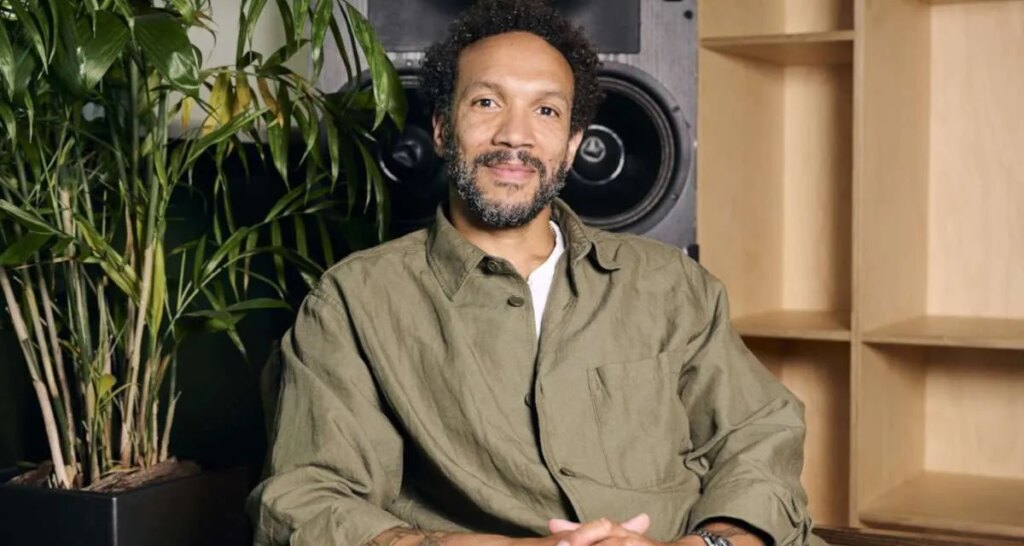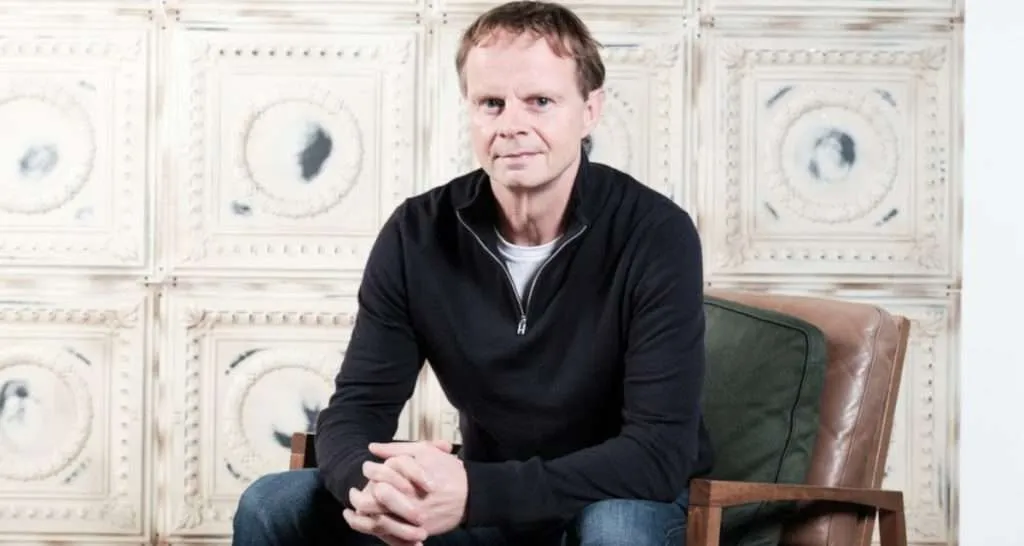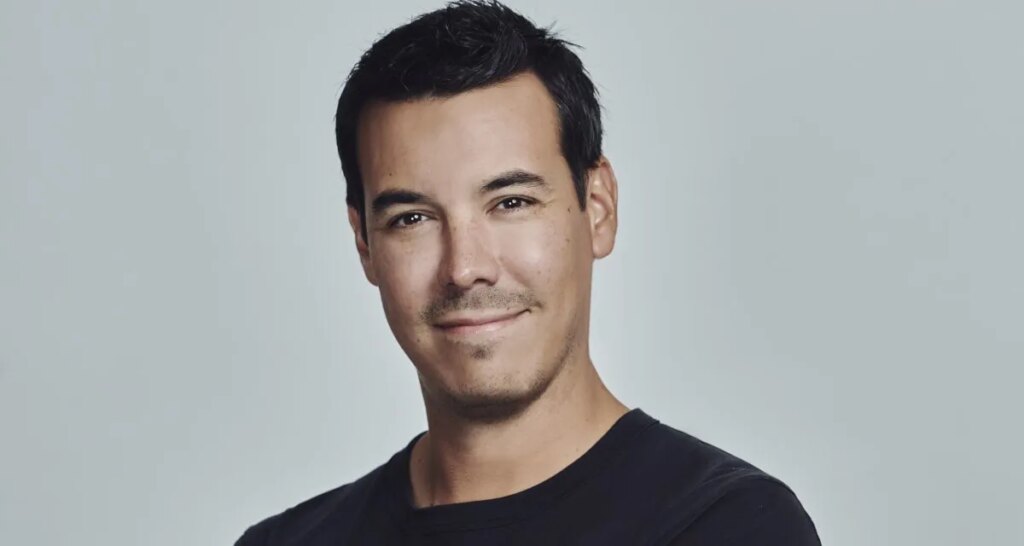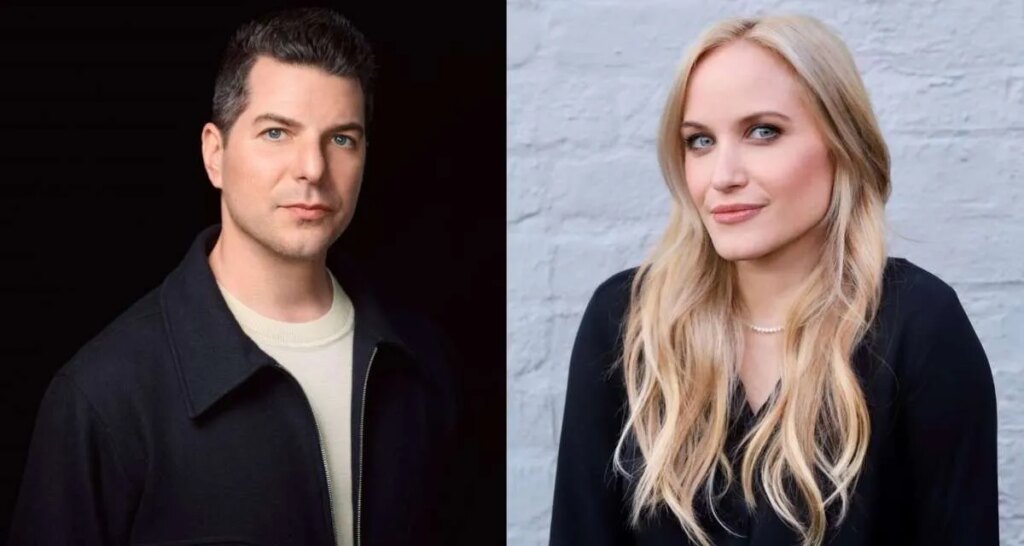WMG Shakeup Continues With Bolstered Atlantic Records and Warner Records ‘Transatlantic Partnership’ — Warner Music UK CEO Tony Harlow to Step Down in October

Simon Robson, Warner Music’s EMEA president, is set to lead Warner Music UK following CEO Tony Harlow’s October exit. Photo Credit: Warner Music Group
Warner Music’s seemingly never-ending shakeup has delivered yet another reorganization and a fresh executive departure. Now, with an eye on streamlining US and UK operations, the major label has unveiled a “powerful new framework” for Warner Records and Atlantic Records.
WMG formally disclosed that framework today, after July brought an ADA recalibration and August ushered in changes at 10K as well as the mentioned Atlantic. As many know, these are just some of the numerous restructuring initiatives implemented under CEO Robert Kyncl.
Diving into the latest developments, then, Warner Music UK CEO Tony Harlow intends “to step down from the role in October after almost six years at the helm,” WMG relayed. After that, Simon Robson, Warner Music’s EMEA president, will take the reins “in partnership with” Warner Music UK COO Isabel Garvey.
Importantly, Robson’s new role will extend only to certain of Warner Music UK’s teams, “including the shared services that support both” Atlantic and Warner Records. That’s because Atlantic UK co-presidents Ed Howard and Briony Turner are shifting to the overarching Atlantic Music Group and reporting to the unit’s CEO, Elliot Grainge.
Similarly, Joe Kentish, currently president of Warner Records UK and the Parlophone Label Group, is signing on with Warner Records proper and reporting to the appropriate group’s head, Aaron Bay-Schuck, as well as COO Tom Corson.
The way Warner Music higher-ups see things, the enhanced “transatlantic partnership” will ultimately “help artists achieve greater global impact.”
All the involved execs save the outgoing Harlow weighed in on the revamped structure and in more words emphasized the perceived potential to better popularize British talent on the global stage.
“Today,” summed up Robson, “artists have global aspirations for their careers from day one. In a streaming environment, where weight of population is an influential factor, this is an incredible opportunity for British artists to more directly access greater resources and reach. I’m looking forward to working more closely with our UK artists and leaders, as we continue to introduce the most distinctive British voices to the world stage.”
And in comments of his own, Kyncl stressed the anticipated benefits for “WMG’s collective impact and competitive edge.”
“This strategic move will put more firepower behind British artists,” Kyncl communicated in part, “while strengthening the UK’s place in our ecosystem, as one of our highest priority markets. Above all, both our UK and US teams will be able to better mirror the way music moves in the world, further strengthening WMG’s collective impact and competitive edge.”
Link to the source article – https://www.digitalmusicnews.com/2025/09/03/warner-music-uk-reorganization/
-
EASTROCK Soprano Ukelele Sapele Beginner 21 inch Ukulele Big Package Kit. Ukulele Ukalalee Suitable for Kids, Beginners. (21-Sapele)$59,89 Buy product
-
ZENY 39″ Full Size Electric Guitar with Amp, Case and Accessories Pack Beginner Starter Package, Blue Ideal Christmas Thanksgiving Holiday Gift$80,99 Buy product
-
Oboe Single Shoulder Bag, Elegant Oboe Carrying Case Oxford Cloth Waterproof Protective for Clarinet for Music Lovers$0,00 Buy product
-
Plaxico & Bertunga Lightning OTG Type B MIDI Interface Converter Cable with iPhone iPad iOS for Midi Controller, Printers, USB Sound Cards, MIDI Music Instruments, etc(1m, Black)$7,99 Buy product
-
Jean Paul AS-400 Alto Saxophone – Golden Brass Lacquered$599,99 Buy product
-
Axe Heaven FJ-002 Fender Jazz 3-Color Sunburst Miniature Bass Replica$40,72 Buy product













Responses